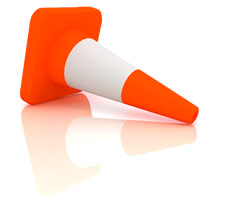OOPS!
The page that you tried to access on this site either no longer exists or never existed.
Please use the menu above, or search box at right, to navigate through our website.

This page was last modified on:
The page that you tried to access on this site either no longer exists or never existed.
Please use the menu above, or search box at right, to navigate through our website.
